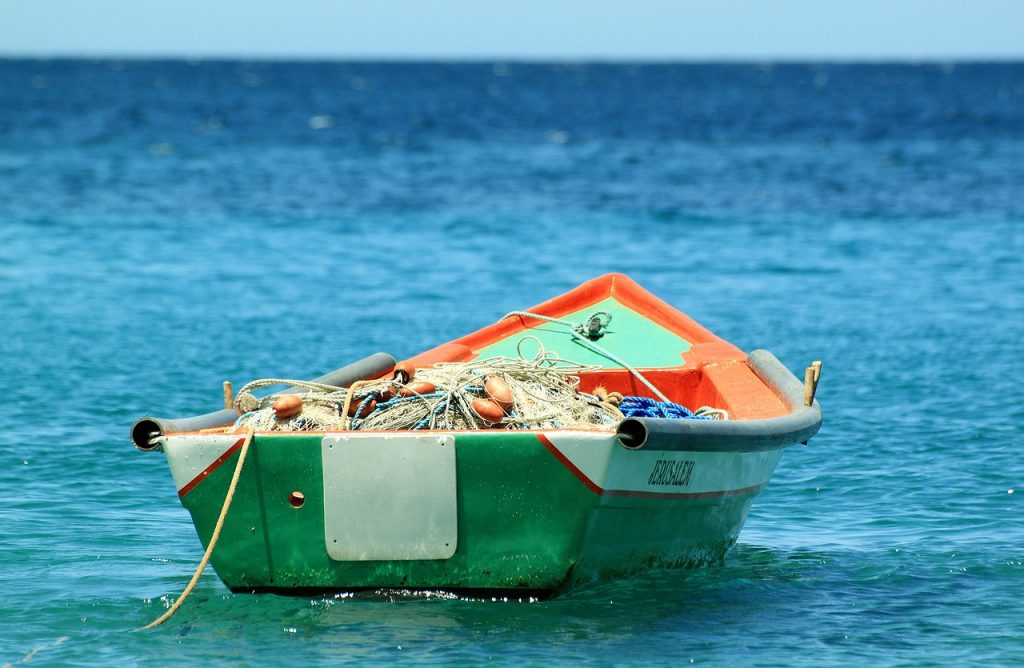Sustainable Fishing Practices
Fishing is a popular activity for boaters, but it can also have an environmental impact if done irresponsibly. Sustainable fishing practices ensure fish populations remain healthy and ecosystems stay balanced.
If practicing catch and release, use barbless hooks to minimize injury, handle the fish as little as possible, and release it quickly back into the water. Avoid removing the fish from the water if possible.
Adhere to local bag and size limits to prevent overfishing. Removing only mature, regulated fish ensures that fish populations remain sustainable for future anglers.

